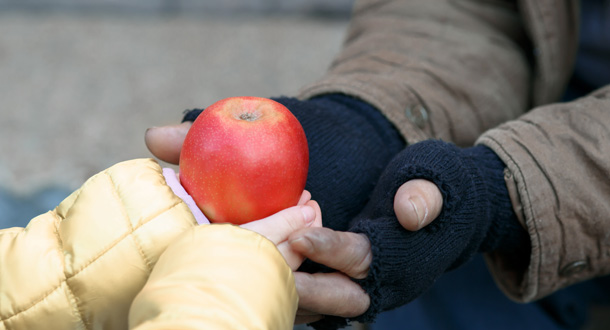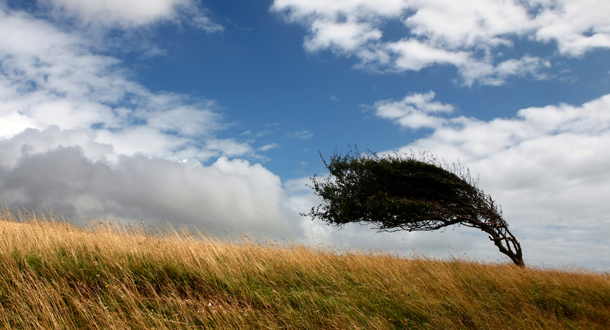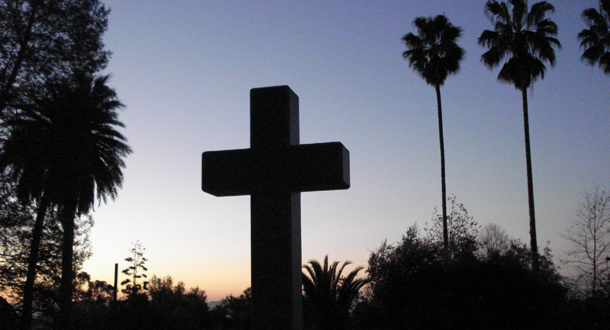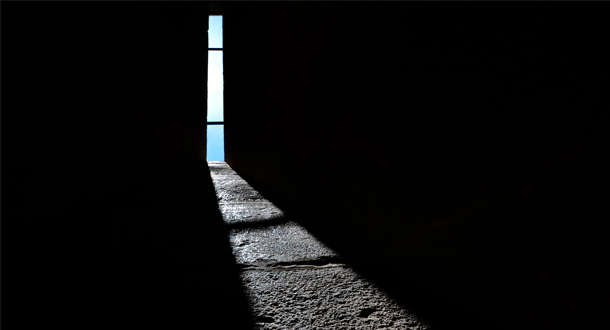
Scripture:
Reflection:
“Avoid greed in all its forms.” Jesus’ admonition in today’s gospel leaves us no room to barter or squirm. Jesus didn’t say that it’s okay to be a little greedy, just don’t let it get the best of you. No, Jesus declares that even a tidbit of greed is unacceptable. What makes greed so dangerous? So morally and spiritually deadly? Today’s gospel parable provides an answer.
It is the story of a rich man who clearly has more than he could ever possibly need. When the parable begins, he’s celebrating an unusually bountiful harvest, but the superabundance presents a problem: what will he do with it all? The obvious answer is to share it, but that never crosses his mind because he’s greedy and the first lesson of greed is that we never have enough. If there’s any rule of life the greedy take zealously to heart, it is “more is always better!” But he also never considers giving his surplus to others because the greedy are incapable of thinking beyond themselves. Thus, a second rule of greed: “Think only of yourself!” Greedy people follow this rule religiously because greed blinds them to the needs and sufferings of others. And because greed tightens the grip of the greedy on what they own, it is no surprise that the rich man can imagine no other solution to his dilemma than to build even bigger bins in which to store his grain. What also cannot be overlooked is that greed isolates us from others. The greedy person is so alone that he talks only to himself. He will relax. He will eat heartily. He will drink well. He will have blessings for years to come. There’s nobody else in the picture.
But he will enjoy nothing of that good fortune because at the end of the day he will be dead. His assessment of his future was wildly off the mark, but that is not surprising because greed warps our perception of reality, especially of what will truly give us life. Jesus’ declaration that the greedy man was a fool may sound harsh, but it is utterly accurate. After all, greed is like a robber that ransacks a home of all that is truly valuable. But with greed, we are the thief and the home is our own soul. Jesus is right. Greed should be avoided at all costs.
Paul J. Wadell is Professor Emeritus of Theology and Religious Studies at St. Norbert College in
De Pere, Wisconsin, and a member of the Passionist Family.







